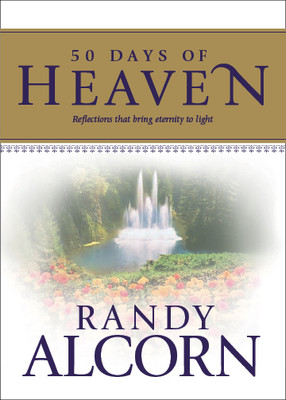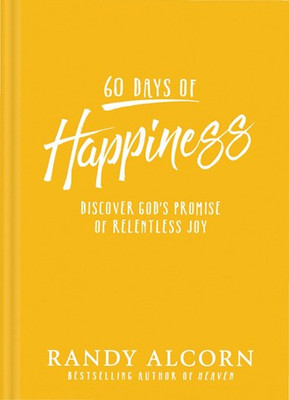Countless Christians believe that Bible reading is their duty—something holy people do. What many don’t understand is exactly what Scripture really tells us: that meditating on God’s Word can and should delight us, infusing us with heartfelt happiness (see Psalm 1; the world translated “blessed” is asher, which means “happy”). David said of God’s words, “More to be desired are they than gold, even much fine gold; sweeter also than honey and drippings of the honeycomb” (Psalm 19:10). Throughout the difficulties and joys that 2025 will bring, you’ll find abiding happiness as you go back to God’s Word again and again.
One Bible reading program to consider is the Bible Recap, a chronological read through with Tara-Leigh Cobble. Several of our EPM staff did it in 2024, and highly recommend it. You read 2-3 chapters of Scripture each day, then listen to a (free) 7-10 minute podcast where Tara-Leigh helps you understand what you read, where it fits in Scripture, and what we learn about God from it.
One of our staff members says, “It’s like going through the Bible with a wise friend who can help you make sense of what you’re reading. That’s especially helpful when you get to some of the tricker passages of the Bible! My knowledge of Scripture and God’s character has grown so much doing this read through.” You can learn more about the Bible Recap here.
Why can a chronological read through be especially helpful? Tara-Leigh Cobble writes in her book The Joy of the Trinity:
Contrary to popular thought, God doesn’t undergo a personality transplant at the end of the Old Testament. When we follow the story line of Scripture, we see a God who created mankind out of an overflow of love, who clothed Adam and Eve before they even repented, who rescued the Israelites out of slavery, joyfully choosing to set up camp in their midst and repeatedly forgiving them, blessing them, and reminding them He was sending a Messiah to rescue them. This is the heart of God evident in the scope of the Old Testament’s metanarrative. All along He dropped hints of what was coming, and then He delivered on His promise!
Of course, if we drop down in the middle of the Old Testament in a time when He’s punishing the Israelites, He seems harsh. We won’t understand why His laws were helpful and necessary. We’ll fail to notice He’s already told them repeatedly not to do that specific sinful thing, told them what type of punishment to expect if/when they do it, and then continued to provide for them and protect them despite their rebellion. With our limited information, we’ll view Him as strict or angry, and we won’t draw near to Him. We’ll prefer to stay in the New Testament where we can read about Jesus, who paid for all the sins we know we’ve committed. This is a common problem we encounter when we don’t read the story of Scripture chronologically (in the order it happened, not the order it is laid out). Reading the Bible at all is an important endeavor, but reading chronologically can help us get to know God in the order He chose to reveal Himself through progressive revelation.
There is a necessary process of the gospel: we must be confronted with God’s laws and requirements, see that we fall short and can’t obey His laws, and realize our need for rescue. Jesus came to be that Rescuer. He not only paid our sin debt, but He also granted us His righteousness! This is how progressive revelation works in our relationship with God, and it’s the reason we still desperately need the truths of the Old Testament to see Him rightly!
Ligonier Ministries also has a great list of Bible reading plans to choose from.
Whatever Bible reading program you decide on (and I highly recommend you choose one and stick with it), may your coming year be filled with the deep, abiding joy and happiness of knowing Jesus Christ!







